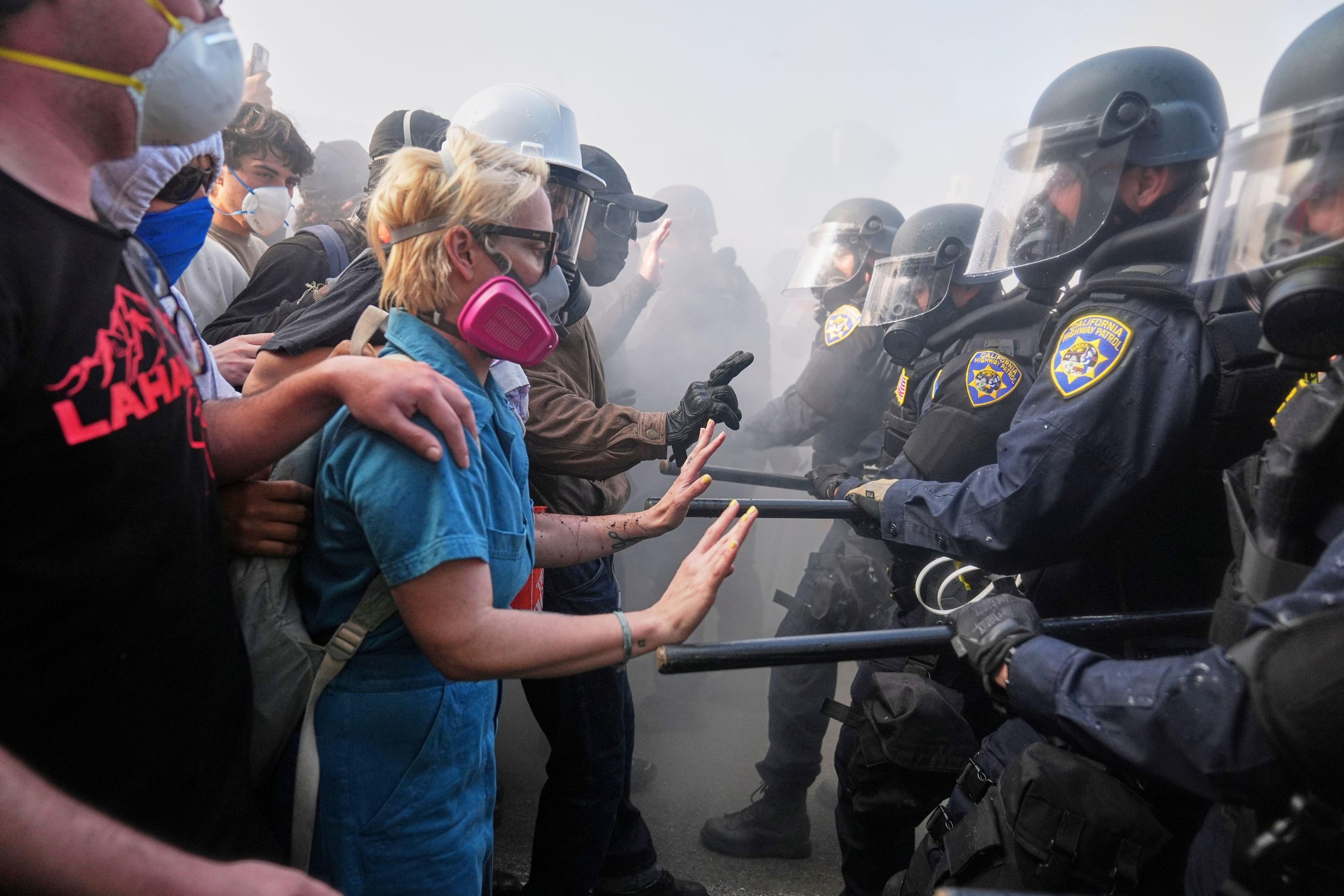Last week Mexico’s ambassador to Japan signed the Anti-counterfeiting Trade Agreement (ACTA). The approval was deemed a scandal by Mexican media. The Agreement is not widely known in the country, but serious opposition is rising up from academic and human rights organisations. The end of the Stop Online Piracy Act (SOPA) was cheered here, but nobody had any idea something like ACTA was coming along.
ACTA is a new enforcement treaty that was negotiated in secret by the United States, Switzerland, Japan and the European Union, but not ratified. It will create increased international cooperation on intellectual property enforcement. Signatory countries will be able to share information on intellectual property violations more expediently, and the agreement seeks to define an international legal framework for targeting counterfeit goods, including medicine.
Although some of the most intrusive elements of the treaty were struck down because of worldwide opposition and claims of threats to digital freedom — earlier this month, the European Parliament voted to throw out the controversial legislation — the measure that worries everyone in Mexico is the one that allows “right owners” the possibility of obtaining information on the identity of ISP users and on defining what is an infringement on their property rights.
Late last year the Mexican Senate voted to reject the treaty. But now that the Mexican government signed the treaty, a new Mexican Senate elected in July will have to vote again.
Representatives of Mexico’s three political parties in the Senate have already declared they will reject the decision by the Mexican government. They blamed the government of President Felipe Calderon, who leaves office in December, of going against national sentiment.
Mexicans fear further intrusion by government agencies on their use of internet. One of the powers provided to governments by ACTA, allows the release by ISP providers to “rights owners”, of personal information on individual Internet users suspect of copyright infringement.
Counterfeiting and piracy is a 12.5 billion dollar business in Mexico. According to the US-based Intellectual Property Alliance, Mexican buyers account for 9 per cent of all pirated US goods sold around the world. Fifty-eight per cent of all clothing sold in Mexico and 60 per cent of all sound recordings are contraband or pirated. The illicit sales of pharmaceutical products are also sky high, reaching 12 per cent of all medical product sales. Counterfeiting amounts for 80 per cent of that illicit market.
For Mexico the problem has grown bigger because of the participation of organised crime groups linked to drug cartels, who launder their drug earnings through the system.




